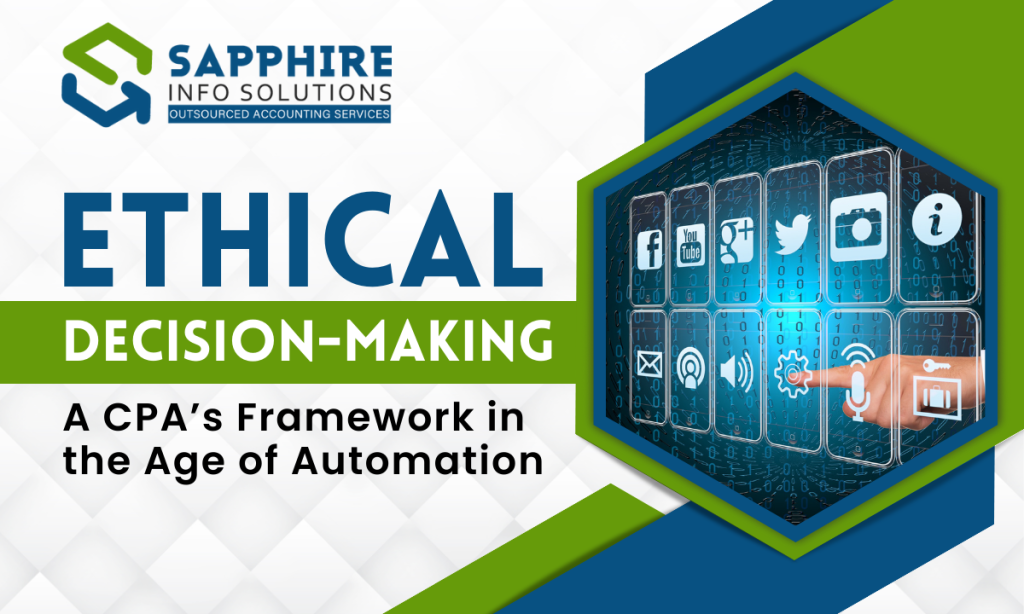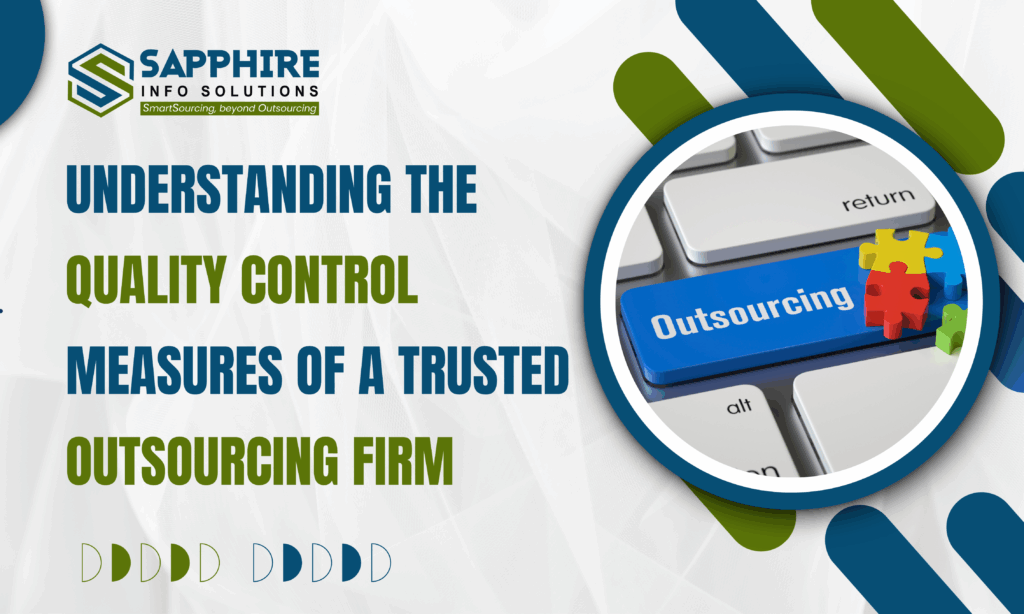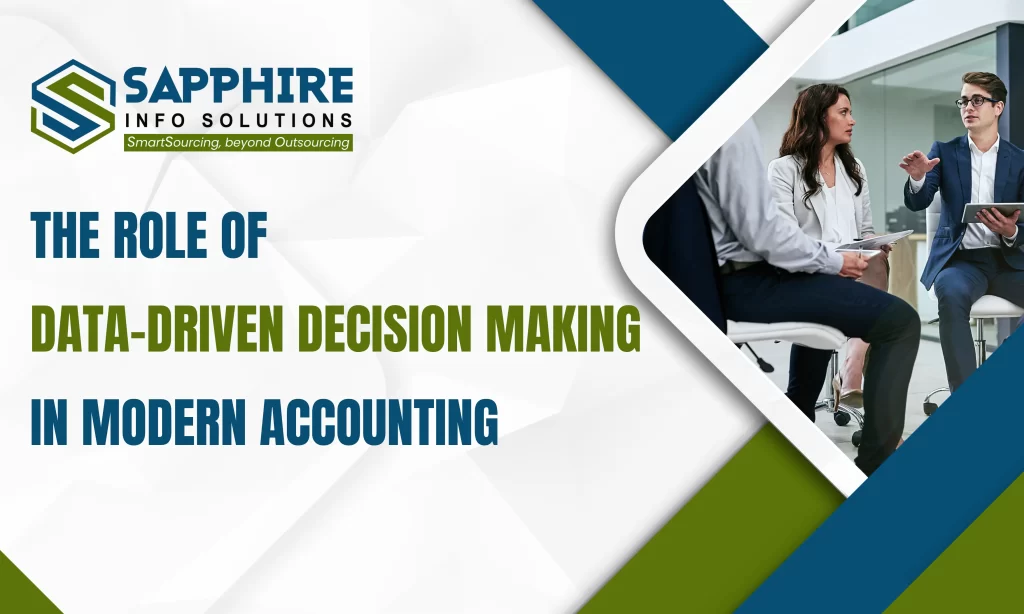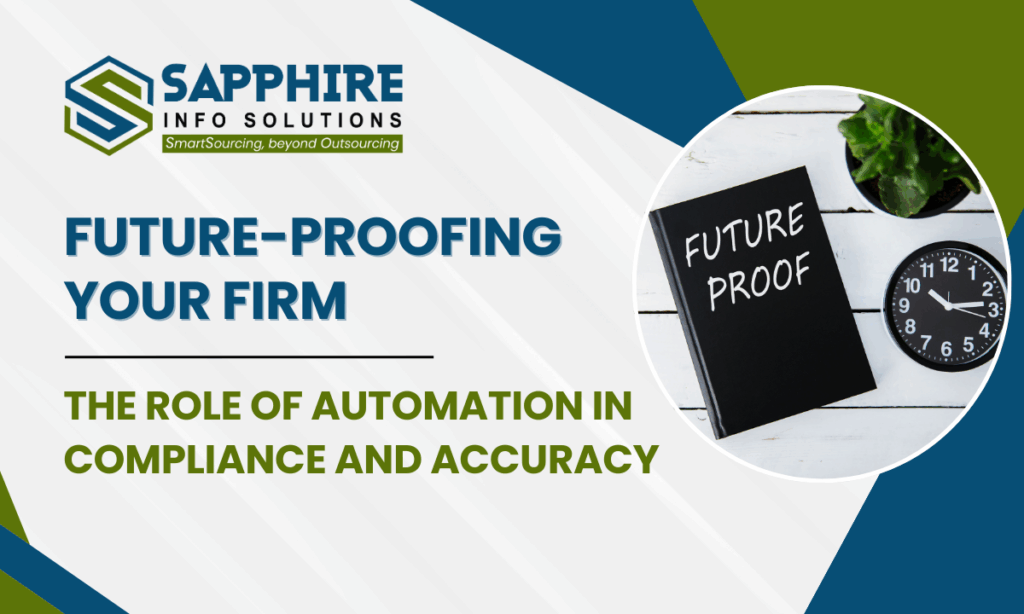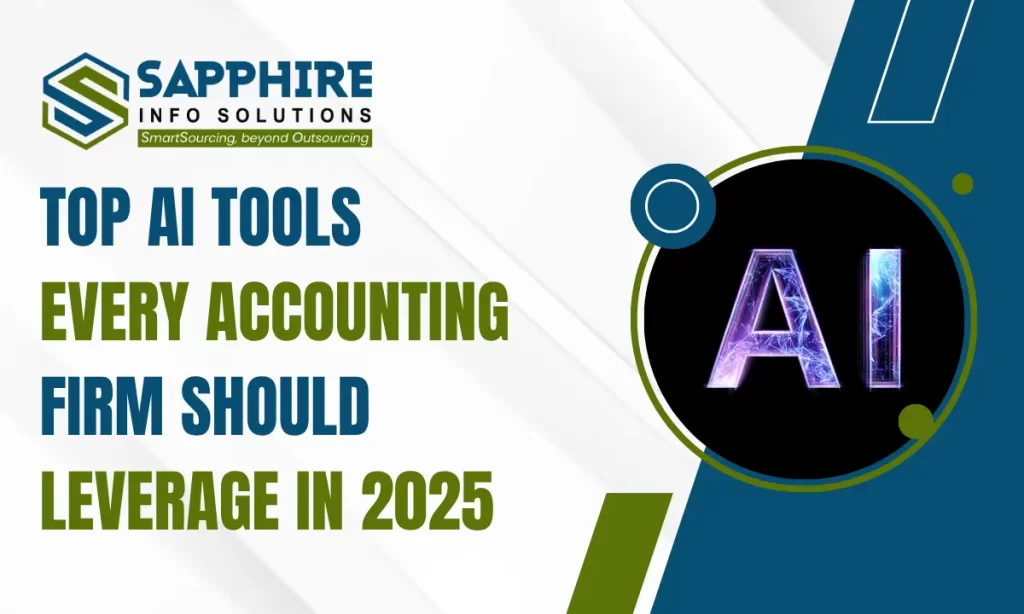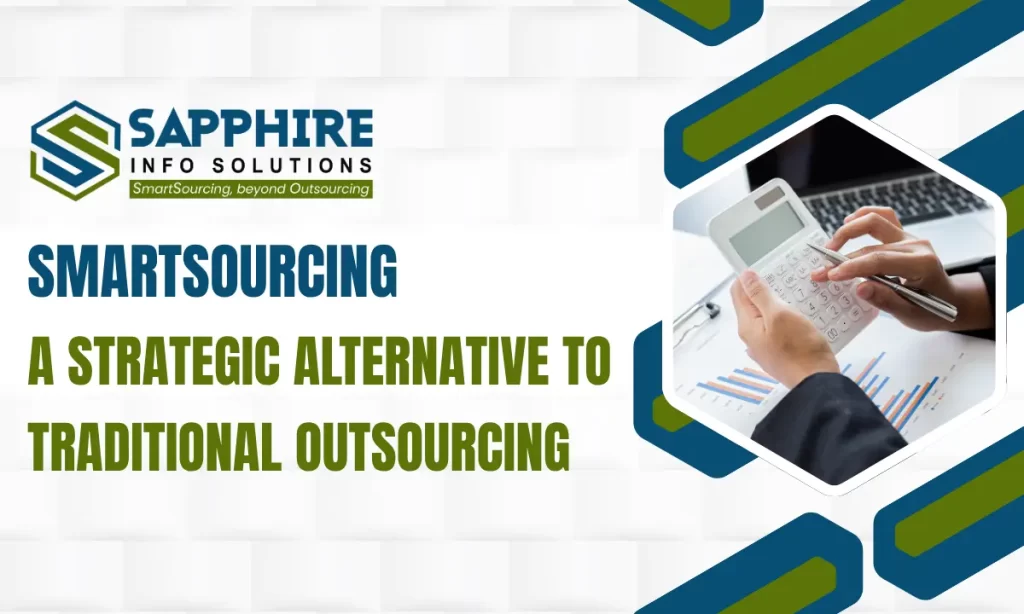In today’s rapidly evolving business landscape, the role of CPAs has become even more critical. As automation and artificial intelligence continue to transform industries, CPAs face new ethical challenges that require their utmost attention. In this article, we will explore a comprehensive framework that CPAs can adopt to navigate the intricate realm of ethical decision-making in the age of automation.
Understanding the Impact of Automation on Ethical Decision-Making
Automation has undoubtedly had a profound impact on various aspects of the business world, and ethical decision-making is no exception. As CPAs increasingly rely on automated tools and algorithms to streamline their processes, they must be cognizant of the potential ethical implications. The use of automation can introduce biases, privacy concerns, and the risk of neglecting human judgment. CPAs must understand how automation affects their decision-making and take proactive steps to ensure ethical practices.
Ethical decision-making in the age of automation requires a deep understanding of the capabilities and limitations of the tools being employed. CPAs must be mindful of the potential for biases embedded in algorithms and ensure that the data being used is accurate and reliable. By being aware of the impact of automation on their decision-making processes, CPAs can adopt a proactive approach to maintain ethical standards.
The Importance of Ethics in the Accounting Profession
Ethics lie at the very core of the accounting profession. CPAs are entrusted with financial information that has a direct impact on the stakeholders of an organization. The public relies on CPAs to provide accurate and unbiased financial reporting, as well as to act in the best interest of their clients. Ethical conduct is not just a legal requirement; it is a fundamental pillar of the accounting profession’s credibility and integrity.
Maintaining ethical standards is crucial to preserving public trust in the accounting profession. With the rise of automation, CPAs face new ethical challenges that can erode this trust. The potential for errors in automated processes, the need for transparency in algorithmic decision-making, and the ethical implications of data privacy are just a few examples of the ethical considerations CPAs must navigate. By upholding ethical principles, CPAs can safeguard their profession’s reputation and the interests of their clients.
The Role of a CPA in Ethical Decision-Making
As trusted advisors, CPAs are uniquely positioned to make ethical decisions that prioritize the interests of their clients and uphold professional standards. CPAs must go beyond merely complying with rules and regulations; they must exercise professional judgment and consider the broader ethical implications of their decisions.
The role of a CPA in ethical decision-making involves assessing the potential impact of their actions on stakeholders, including clients, employees, and the wider community. This requires a deep understanding of the ethical principles that underpin the accounting profession, such as integrity, objectivity, confidentiality, and professional competence. CPAs must also be aware of any conflicts of interest and take appropriate steps to mitigate them.
The Ethical Decision-Making Framework for CPAs
To navigate the complex landscape of ethical decision-making in the age of automation, CPAs can adopt a comprehensive framework that provides a systematic approach. This framework consists of several key steps that CPAs can follow to ensure their decisions align with ethical principles.
- Identify the ethical dilemma: CPAs must first recognize when they are facing an ethical challenge. This involves being aware of potential conflicts of interest, biases in automated systems, and the ethical implications of their actions.
- Gather relevant information: CPAs need to gather all the necessary information to make an informed decision. This includes understanding the context, considering the potential impact on stakeholders, and assessing the reliability of the data being used.
- Evaluate alternative courses of action: CPAs should explore different options and evaluate their ethical implications. This involves considering the short-term and long-term consequences of each course of action, as well as the potential risks and benefits.
- Make a decision: CPAs must make a decision based on their evaluation of the alternatives. This decision should prioritize ethical considerations and be aligned with the best interests of the clients and other stakeholders.
- Monitor and review: After making a decision, CPAs should monitor its implementation and review its impact. This allows them to assess whether the decision was effective in addressing the ethical dilemma and make any necessary adjustments.
By following this ethical decision-making framework, CPAs can ensure that their actions align with ethical principles, regardless of the automation tools they employ.
Challenges and Considerations in Ethical Decision-Making in the Age of Automation
While the ethical decision-making framework provides CPAs with a systematic approach, there are several challenges and considerations to keep in mind.
One of the key challenges is the rapid pace of technological advancements. CPAs must continuously update their knowledge and skills to understand the ethical implications of emerging technologies. Additionally, the ethical considerations surrounding automation can be complex and multifaceted, requiring CPAs to navigate legal, social, and professional dimensions.
Furthermore, CPAs must consider the potential biases embedded in automated systems. Algorithms can inadvertently perpetuate discriminatory practices, and CPAs must take steps to ensure fairness and equal treatment. Transparency is also an important consideration, as CPAs must be able to explain the decision-making processes employed by automation tools to stakeholders.
Resources for CPAs to Enhance Their Ethical Decision-Making Skills
To enhance their ethical decision-making skills in the age of automation, CPAs can turn to various resources and professional development opportunities. Professional organizations, such as the American Institute of CPAs (AICPA), offer guidance, courses, and ethical frameworks specifically tailored to CPAs.
CPAs can also engage in continuous learning to stay abreast of the latest developments in automation and their ethical implications. This can include attending webinars, conferences, and workshops and participating in discussions with industry experts.
The Future of Ethical Decision-Making in the Accounting Profession
As automation continues to advance, ethical decision-making will remain a critical aspect of the accounting profession. CPAs must adapt to the ever-changing technological landscape and proactively address the ethical challenges that arise.
The future of ethical decision-making in the accounting profession lies in embracing a proactive and adaptable mindset. CPAs must continuously enhance their ethical decision-making skills, stay informed about emerging technologies, and advocate for ethical practices within their organizations.
Conclusion: Embracing Ethical Decision-Making in the Age of Automation
In conclusion, ethical decision-making is of paramount importance for CPAs in the age of automation. By adopting a comprehensive framework and considering the impact of automation on their decision-making processes, CPAs can navigate ethical challenges with confidence.
CPAs must uphold ethical principles and prioritize the best interests of their clients and stakeholders. By doing so, CPAs can maintain their credibility and protect their clients’ interests, even in the face of technological disruption.
As the accounting profession continues to evolve, the ability to make ethical decisions in the age of automation will be a defining characteristic of successful CPAs. By embracing ethical decision-making, CPAs can navigate the complexities of automation while upholding the highest standards of professionalism and integrity.

